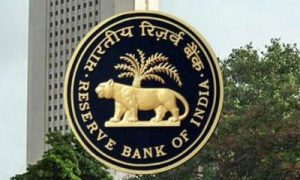Earlier this year, the Andhra Pradesh government banned a 100-year-old play named ‘Chintamani Padya Natakam’. The decision came months after the head of the Arya Vysya Mahasabha, M Dwarkanath, met Chief Minister Y S Jagan Mohan Reddy and submitted a petition seeking a ban on the play.
The Arya Vysya community has been petitioning governments for several years to ban the play, saying it portrays them in a negative light. The play is exhibited across the state, mainly in rural areas, during festivals and fairs.
After reviewing the contents of the play, the state government had banned it on January 17 this year.
What is Chintamani Natakam?
‘Chintamani Padya Natakam’ was written in 1920 by playwright Kallakuri Narayana Rao, who was also a social reformer. The play is about Chintamani, a courtesan and a devotee of Lord Krishna, who finds salvation by singing bhajans. She is courted by Subbi Shetty, a businessman from the Arya Vysya community, who loses his wealth and family due to his attraction to Chintamani.
The original play had a social message, but over the years, it has been modified purely for entertainment.
What is the Arya Vysya community objecting to in the play?
Much of the play sees central character Subbi Shetty made fun of, especially for losing all his wealth to his vices.
Arya Vysya community leaders say the content and dialogues are offensive, and they are ridiculed about their appearance through the character, who is always portrayed as a short and dark-coloured person.
The play has undergone many changes over the decades, and to make it more entertaining and funny, crude and vulgar language is used in many places, drawing the ire of the community.
Dwarkanth said that due to the way Shetty’s character is portrayed, the entire community is stigmatised. It is vulgar and offensive, he said.
In 2020-21, several artist groups held centenary celebrations of the play across Andhra Pradesh, and a very raunchy version of it was exhibited. This had riled the community, which complained to the CM, leading to the ban.
The state government explored the possibility of taking out Shetty’s character from the play instead of putting a blanket ban on it, but found him to be a central character.





































